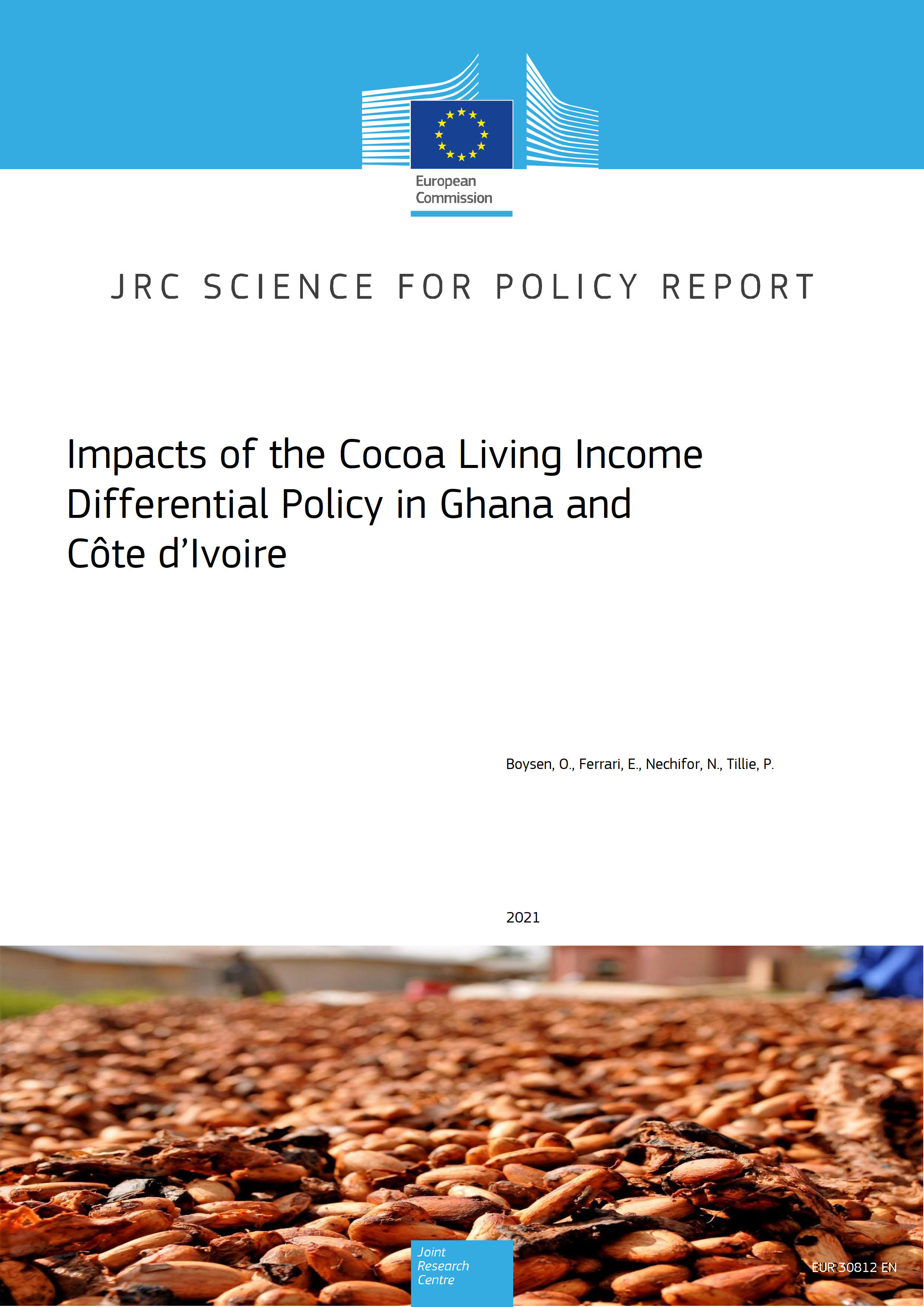19 October 2021. This webinar looked at the consumer preferences of the cocoa value chain and shed light on consumer attitudes towards sustainable food products in general, and chocolate products in particular.
The session looked into EU consumers’ attitudes towards sustainable food products – beyond chocolate – and the current trends in consumer shifting behaviours in the EU. The presentation also looked at a study examining consumer willingness to pay more and price elasticity for selected chocolate products.
The presentation debated on the role of consumers to enhance the overall sustainability of cocoa production and trade. In particular, experts and panelists discussed the articulation between the evolution of consumer preferences and recent evolutions on the cocoa market, including the recent introduction of the Living Income Differential in 2019 in Cote d’Ivoire and Ghana.
- Ms Cristina Miranda-Gozalvez, Head of Unit, Africa, Caribbean, Pacific, European Commission Directorate-General for TRADE
- Mr Leonard Mizzi, Head of Unit, Sustainable Food systems and Fisheries, European Commission Directorate-General for International Partnerships
- HEM Abou Dosso, Ambassador of Côte d'Ivoire to the Kingdom of Belgium, the Grand Duchy of Luxembourg and the EU
- Mr Fuad Abubakar Mohammed, Manager, Ghana Cocoa Marketing Company, London, U.K.
Presentations:
- EU consumer preferences and sustainable food productsStudy: Consumers’ willingness to pay & price elasticity of cocoa products by Mr.Christophe Alliot, Le Basic-Bureau for Appraisal of Social Impacts for Citizen Information
- Ms. Cathy Pieters, Senior Director Sustainable Ingredients, Global Impact Sustainability & Well-Being, Mondelez International
- Prof. Martin Franz, Researcherat the University Osnabrück
- Ms. Vesna Savic, SpecialistCompliance Product Integrity, Ahold Delhaize
- Ms Delphine Strohl, Associate, Dechert LLP
- Mr. Nicolas Lambert, Director, FairTrade BelgiumBreak16:00-16:10Question and Answer Session
- Moderator: Mr. Viwanou Gnassounou, Former Assistant Secretary-General at the Africa, Caribbean, Pacific Group of States (now OACPS)
- Closing remarks: Regis Meritan European Commission, head of the “agricultural growth” sector, DG INTPA
Shared resources:
Value Chains and Consumption Decisions - Remote Effects of Governance and Product Biographies Using Cocoa as an Example.An interdisciplinary team of researchers at Osnabrück University, works with national and international partners in order to approach the complexity of cocoa from the perspective of our respective disciplines.
The team traveled to Ghana to investigate the origin of Ghanaian cocoa and follow its trade routes to the centers of cocoa consumption. A journey from the roots to the kitchen cupboard, so to speak.
Boysen, O., Ferrari, E., Nechifor Vostinaru, V. and Tillie, P., (2021) Impacts of the Cocoa Living Income Differential Policy in Ghana and Côte d’Ivoire, Publications Office of the European Union, Luxembourg, 33 p.
4 October 2021. Montpellier Global days - Agroecological transitions
Round table on “economic and political actors” : bringing together producers, professional cocoa business organizations, public authorities, and researchers



No comments:
Post a Comment